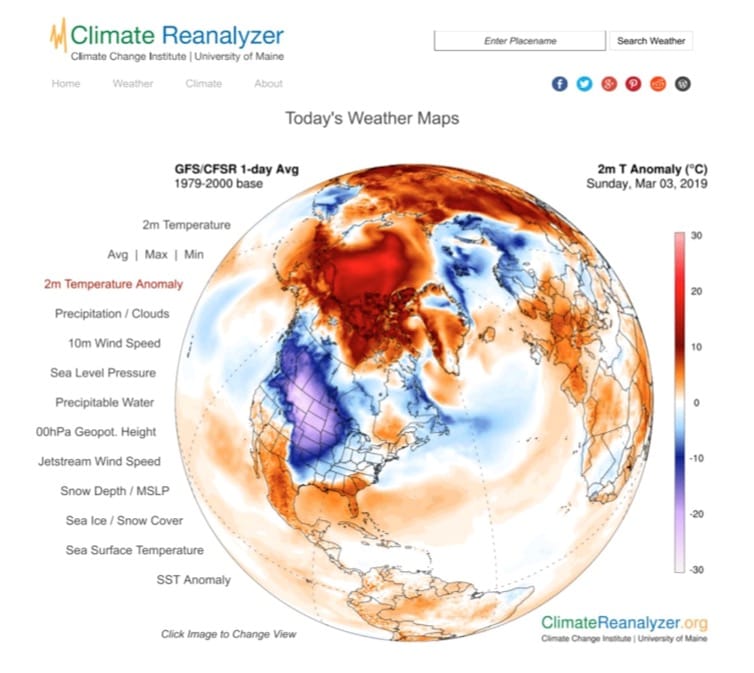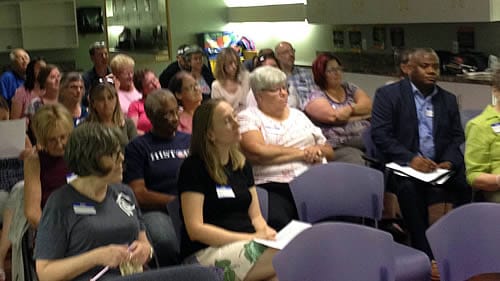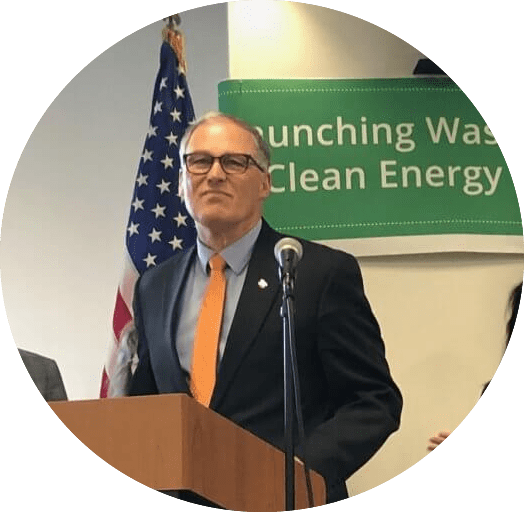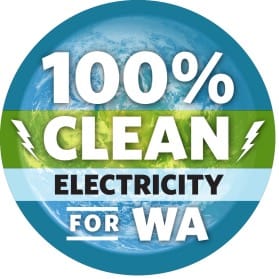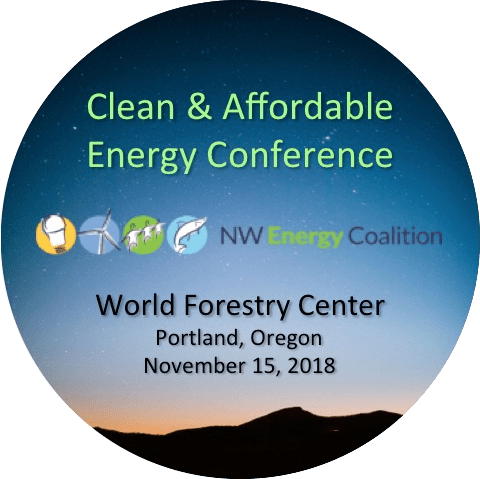Newsletter
Double Squeeze: Arctic Express, system constraints skyrocket NW wholesale energy prices
More clean energy solutions, less reliance on gas needed to meet peak energy needs When discussing electric system affordability and reliability, natural gas is often portrayed as a guarantor of…
Inequities in the energy system: new white paper explores issues and opportunities
“Families in America with the least means pay disproportionately more for their electricity, sometimes lacking basic access to service altogether.” That’s the finding and the starting point for a new…
DOE attacks efficiency standards and hundreds of millions of dollars in savings
Within hours of Trump administration appointee Daniel Simmons taking over the the Office of Energy Efficiency and Renewable Energy, the Department of Energy renewed efforts to block or roll back…
WA Senate committee hears testimony on Clean Buildings bill
State emission goals depend on clean buildings SB 5293 will make homes and buildings more efficient and stimulate jobs Olympia, WA – Washington can’t meet its greenhouse gas reduction goals…
Washington’s 100% Clean Electricity Bill Has Its First Hearing
Today, Joni Bosh, Senior Policy Analyst at the NW Energy Coalition, testified in support of Senate Bill 5116, the 100% Clean Electricity Bill, before the Washington Senate Environment, Energy, and…
Water heaters: a potent weapon in the fight against climate change
We may have, hiding in our basements and garages , a clean energy resource that has the power to erase the need for new gas-fired power plants in the Northwest.…
Low-income Oregonians struggle with energy costs
Governor’s working group recommends solutions One in six Oregonians — more than 637,000 — live in poverty and for many of them the cost of energy is a major burden. …
Inslee unveils emissions reduction agenda
A blueprint for transitioning to a clean energy future Yesterday, Washington Governor Jay Inslee outlined his policy strategy to address the challenge of climate change. The governor’s package features proposals…
Fall 2018 Clean & Affordable Energy Conference Digest
On November 15, the NW Energy Coalition hosted its fall Clean & Affordable Energy Conference. The conference attracted over 180 attendees who participated in panel discussions and presentations on utility…
Workers, business leaders talk about the benefits of WA clean energy standards
As Washington and other states in the Northwest consider how best to go about making our electric system as clean and affordable as possible, it’s good to remember that in…


